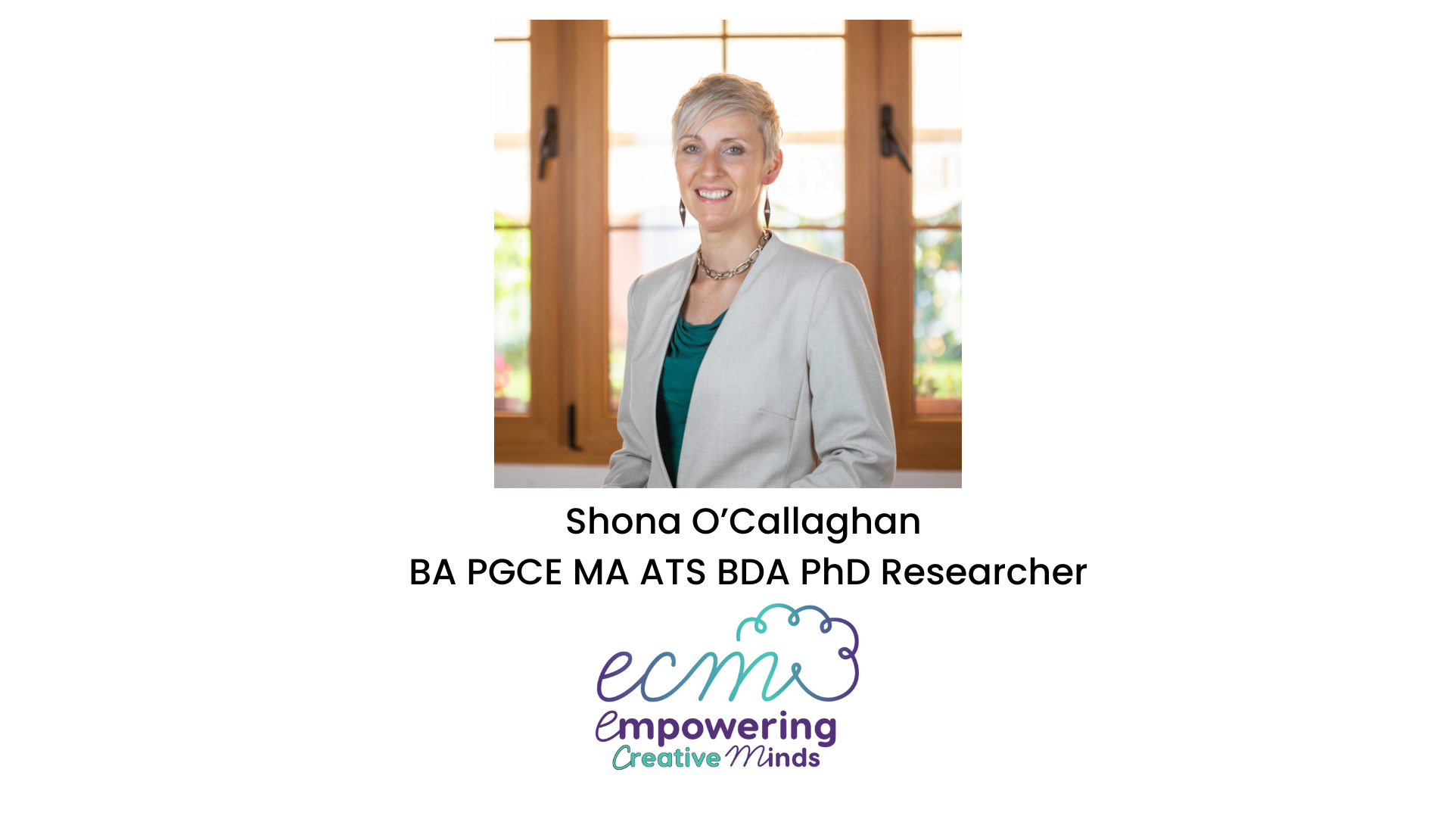Empowering Creative Minds has published its latest article covering ADHD in Multilingual Learners: it is aimed at dispelling the myth that ADHD learners should not learn languages or are not good language learners. The article is available for viewing in full at https://empoweringcreativeminds.com/adhd-multilingualism-breaking-barriers/

Empowering Creative Minds has published a new article entitled ADHD and Multilingualism: Breaking Barriers, which sheds light on the most important aspects of ADHD in Multilingual Learners: the article covers some of the important aspects of breaking down barriers, stigma and building on strengths. School Directors, educators and parents of multilingual ADHD children and teenagers who attend International schools and other interested individuals can view the full article at https://empoweringcreativeminds.com/adhd-multilingualism-breaking-barriers/
The article includes several interesting pieces of information, one in particular is understanding that ADHD alone has only a small influence on language learning. This should be of particular interest to School directors and educators because there is an unsubstantiated myth that reducing the amount of languages for ADHD learners is a good way to help stop 'confusion'. This is simply not true.
One of the most important pieces of information the article tries to convey and communicate is research has found that ADHD alone does not have a large negative influence on language learning. It is the limited ability to pay attention to grammar or vocabulary which can hinder the learning process, especially in younger learners. So it is particularly important to 1) check for dyslexia or another learning difference and 2) make learning multisensory, interesting and in short bursts. The best example of this is perhaps found in the following extract:
'With ADHD, the brain may juggle multiple thoughts at once, leading to a unique learning path that can be incredibly adaptive. This can manifest as an ability to make unconventional connections between languages, or a heightened auditory processing that aids in distinguishing subtle nuances in pronunciation and intonation. However, it’s important to recognize that ADHD leads to difficulties with executive functions such as working memory, organization, and sustained attention. These are all crucial in language learning, which means that traditional methods may not always be the best fit for those with ADHD.'
In discussing the article's creation, Shona O'Callaghan, CEO and Lead Educational Consultant at Empowering Creative Minds said:
"There is a lot of misinformation circulating around the ADHD and learning languages. It is important, therefore, to bring awareness to research findings and have informed school leaders and classroom teachers so the correct strategies and approaches can be implemented to support multilingual ADHD learners throughout their academic journeys."
Regular readers of Empowering Creative Minds will notice the article takes a familiar tone, which has been described as 'clear, informative, insightful and relevant to the present day classroom. For educators by educators.'
Empowering Creative Minds now welcomes comments and questions from readers, in relation to the article, as they are intent on reflecting on everyone's unique journey and learning from each other to support neurodivergent multilingual learners and educators. The reason is simply because it will generate a greater understanding of the subject as a whole for everyone involved.
Anyone who has a specific question about a past, present, or future article can contact Empowering Creative Minds via their website at https://empoweringcreativeminds.com/
The complete article is available to view in full at https://empoweringcreativeminds.com/adhd-multilingualism-breaking-barriers/.
